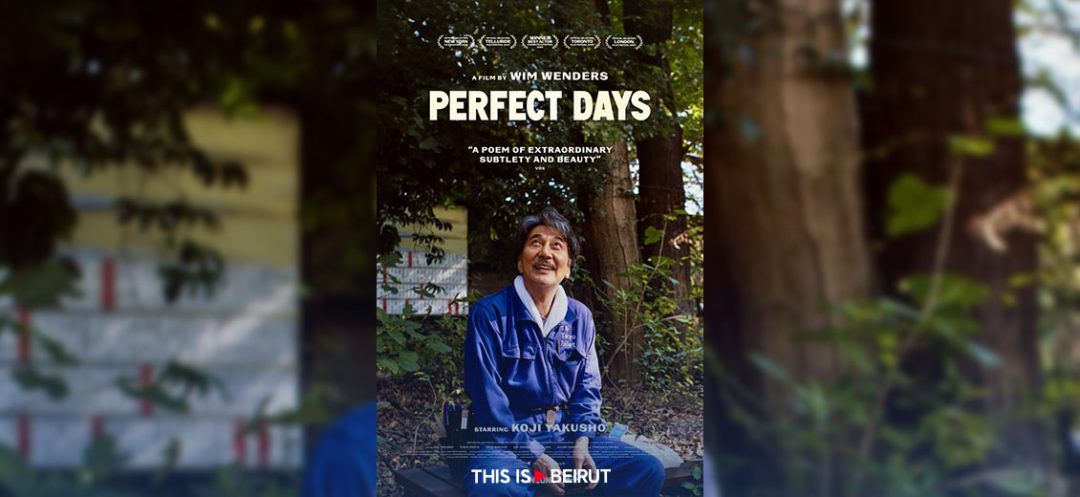
The cinematic world often finds itself at the intersection of the surreal and the mundane, a crossroads where German filmmaker Wim Wenders has made his latest mark with Perfect Days, a film revolving around the unlikely subject of public toilets in Japan. Initially perceived as a joke by some media outlets, the film’s nomination for Best Foreign Language Film at the Oscars has proven its profound resonance and the seriousness with which Wenders approaches his craft.
In Europe, public toilets might be seen as mere necessities, far removed from cultural significance. However, Wenders, in a recent interview with AFP, highlighted the stark contrast in Japan, where sanitation facilities are integrated into the broader tapestry of hospitality and respect for human needs. This cultural divergence forms the backdrop of Perfect Days, which tells the story of Hirayama, a solitary and unassuming caretaker of Tokyo’s public toilets, portrayed by Japanese actor Koji Yakusho. Hirayama’s dedication to his work, far from being a Trivial Pursuit, becomes a testament to personal dignity and societal contribution.
Yakusho’s portrayal earned him the Best Actor award at the Cannes Film Festival last year, affirming the film’s emotional depth and the universality of its themes. Japan’s selection of Perfect Days for Oscar consideration — remarkably, the first time a foreign director has represented the country in this category — speaks volumes about the film’s cultural impact and the global relevance of its message.
Wenders, known for his eclectic and cosmopolitan body of work, including Paris, Texas and Wings of Desire, has always been drawn to themes that explore human connection, memory, and the texture of daily life. Returning to Japan to shoot Perfect Days felt like a dream realized, nearly four decades after his documentary Tokyo-Ga paid homage to Japanese director Yasujiro Ozu.
The inspiration for Perfect Days came unexpectedly in 2020, when Wenders visited Tokyo at the invitation of Koji Yanai, the son of Uniqlo’s founder. Initially shown a project of architecturally revamped public toilets, Wenders envisioned not a series of short documentaries, as initially proposed, but a feature film that delves into the civic pride and collective responsibility he observed in Japan — a stark contrast to the disintegrating sense of community he perceived in Berlin during the pandemic.
Shooting Perfect Days over the course of two weeks, Wenders opted for a minimalist approach, relying on visual storytelling and sparing dialogue to convey the narrative’s essence. He was inspired by the Japanese term “komorebi,” referring to sunlight filtering through trees — a motif that recurs in the film and symbolizes the appreciation of overlooked beauty in everyday life.
For his role, Yakusho immersed himself in the meticulous art of cleaning public toilets, likening the discipline required to monastic training. Yet, beyond the skill, he found himself envying his character’s ability to find joy in life’s simple moments — a sentiment that resonates with audiences and transcends cultural boundaries.
Perfect Days stands as a poignant exploration of dignity, beauty, and the human condition, challenging viewers to reconsider their perceptions of the mundane and find wonder in the ordinary. Through this film, Wenders and Yakusho invite us to pause, observe, and appreciate the small yet significant facets of life that define our shared humanity.
With AFP
Read more



Comments